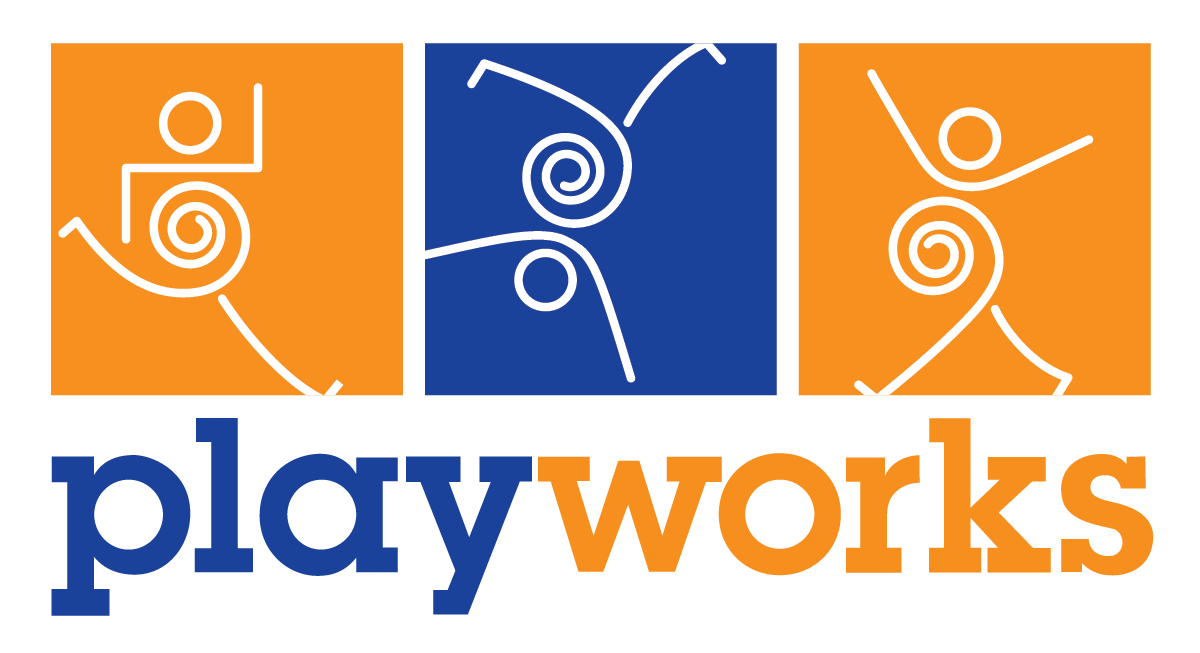What Is Pediatric Therapy?
Children with genetic disorders, neurological issues, mental or physical disabilities, Autism or Pervasive Developmental Disorders or Sensory Integration Dysfunction will benefit from pediatric therapy services.
Occupational Therapy
According to the American Occupational Therapy Association, “occupational therapy is a healthy and rehabilitation profession that helps individuals achieve independence in their lives despite disabilities.” Occupational Therapy is treatment that is meant to improve an individual’s quality of life, by helping him/her gain the ability to complete tasks independently. This type of therapy examines a child’s different skills, including emotional, muscular and neurological. By developing each of these functional skills. A child is able to complete tasks independently. Children struggling with motor and mental disabilities or other behavioral issues, typically benefit from Occupational therapy.
How do I know if my infant/toddler needs occupational therapy services?
Infants and toddlers experiencing multiple problems in this list would benefit from occupational therapy.
Easily startled
Poor muscle tone
Uses one side of their body differently
Constantly fussy
Unable to bang toys together
Slow to roll over, creep, sit or stand
Difficulty babbling
Avoids exploring their environment
Inability to build a tower with blocks
Frequent fisting of hands after six months
Does not enjoy lying on stomach
Dislikes bathing
Tenses when being held
Does not like being held/cuddled
Struggles sucking
Has trouble sleeping
Is not engaged with his/her primary caregivers
How do I know if my preschool child needs occupational therapy?
Preschool children experiencing multiple problems in this list would benefit from occupational therapy.
Does not want to be involved in age-appropriate activities
Noticeably weak
Trouble balancing (constantly falling)
Runs into things or people
Breaks things easily
Does not enjoy completing puzzles, coloring in the lines
Slow language development
Very hyper or very underactive
Does not enjoy lying on stomach
Dislikes bathing, cuddling, or haircuts
Overreacts to touch, taste, sounds and/or odors
Does not enjoy playing on the playground
Trouble sleeping
How do I know if my Elementary school-age child needs occupational therapy?
Elementary School aged children (5-12 years old) experiencing multiple problems in this list would benefit from occupational therapy.
Seems weaker or tires more easily than his/her peers
Clumsy, bumps into things
Reluctant to participate in physical activities or sports
Seems to have difficulty learning new tasks or multi-step tasks
Difficulty with jumping, skipping or running
Difficulty with drawing, coloring and/or cutting
Poor handwriting- print or cursive
Poor grasp on tools- pencil, markers, spoons and/or forks
Difficulty with independence in dressing- tying shoes, fasteners
Overly sensitive to sensory stimuli- touch, sounds, vision
Unaware of sensory stimuli- unaware of being touched, decreased pain response, impulsive, accident prone, takes risks
Fearful of moving through space
Fearful of having feet off the ground
Always on the go
Difficulty with completing puzzles, playing board games
Difficulty with copying tasks- copying from black board
Difficulty with following directions
Poor organization skills or time management
Easily frustrated
Difficulty getting along with peers
Difficulty with transitions
Speech Language Therapy
Speech- language pathology is the profession that provides clinical services and undertakes prevention, advocacy, education, administration, and research in the areas of communication and swallowing across the life span, from infancy through the geriatric stage.
According to the American Speech and Hearing Association, “Speech language pathology services are those services necessary for the diagnosis and treatment of swallowing (dysphagia), speech-language, and cognitive communication disorders that result in communication disabilities. Speech-language pathologists treat disorders of speech sound production (e.g., articulation, apraxia, dysarthria), resonance (e.g., hypernasality, hyponasality), voice (e.g., phonation quality, pitch, respiration), fluency (e.g., stuttering), language (e.g., comprehension, expression, pragmatics, semantics, syntax), cognition (e.g., attention, memory, problem solving, executive functioning), and feeding and swallowing (e.g., oral, pharyngeal, and esophageal stages).” (ASHA, 20073)
How do I know if my infant/toddler needs speech therapy services?
Infants and toddlers (birth-36 months) experiencing multiple problems in this list would benefit from speech therapy.
Recurring or constant ear infections
Does not startle to loud noises, does not look in the direction of localized sounds
Does not coo/babble as an infant
Failure to respond to simple request (i.e., “come here”, “want more”?)
Does not use gestures to communicate (i.e., waving hi/bye, holding arms out to be picked up)
Inability to recognize and understand commonly used words in the home (i.e., cup, shoe, book, juice)
Is not combining vowels and consonants
Does not play with toys the way they are intended to be played with
Not able to sustain back and forth communication (gestures or verbal)
Does not follow simple commands (i.e., “roll the ball”, “kiss the baby”, “where’s your shoe”)
Produces few words and vocabulary is not increasing
Does not combine 2-3 words
How do I know if my preschool child needs speech therapy?
Preschool children (3-5 years) experiencing multiple problems in this list would benefit from speech therapy.
Speech is not understood by familiar listeners
Does not use or understand words for numbers, colors and shapes
Is not speaking as well as peers • Inability to answer simple questions (i.e., “who”, “what” and “where”)
Difficulty explaining activities he/she experienced throughout the day • Does not ask who, what, when, where and why questions
Difficulty talking fluently without repeating syllables or words
Does not understand simple verbs, nouns, and adjectives.
Sounds monotone/robotic
Unable to sustain attention
How do I know if my school-age child needs speech therapy?
School-age children (5 years and older) experiencing multiple problems in this list would benefit from speech therapy.
Does not understand basic concepts (i.e., before, after, big, little, more,less, first, next, last, etc.)
Produces grammatical errors during conversation (i.e., verb tense, pronoun usage, prepositions and plurals)
Leaves out sounds in words
Difficulty telling a short story
Inability to follow classroom instructions
Has a difficult time making friends
Difficulty understanding age-appropriate written materials
Does not show appropriate behavior during social situations (i.e.,
Greetings/farewells, eye contact, turn taking during conversations)
